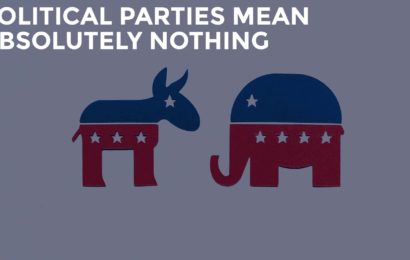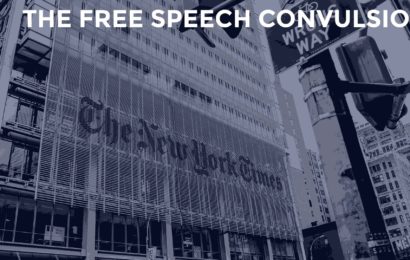
The 5 Different 9/11s Part 3: Marvin Gaye, 24, The Arts, and Pop Culture
Don’t want to be an American Idiot? In Part 2, we talked about America’s domestic and foreign response to the 9/11 attacks as well as the waxing and waning of patriotism in the US. We laid out how the consequences of our national policies not only involved two long ill-advised wars, the TSA, and The Patriot Act, but also grew divisions in the nation that are only continuing to bear worse and worse fruit to this day.
Now let’s take a look at how a post-9/11 society looked through the arts and pop culture.
As I’ve mentioned before, the “War on Terror” drew a lot of comparisons to Vietnam, but while there was a large and vocal protest movement against the wars, especially Iraq, that didn’t carry over to the art and celebrity world as much as it had in the 60s and early 70s. There weren’t analogues to Dylan, Ali, or Jane Fonda in the early 2000s. Sure you had The Chicks (nee Dixie Chicks) and Green Day’s rock opera, but those things didn’t feel like ubiquitous cultural moments.
To be sure there are a few gems from the Bush presidency, John Prine’s “Some Humans Ain’t Human” comes to mind, but there just was no equivalent of Marvin Gaye’s “What’s Goin On” or a Marvin Gaye-type figure for that matter.
Television and movies were a whole different ball game altogether. Hollywood has always been a little too corporate to produce art that is too critical of the US foreign policy but, for the “War on Terror”, it almost operated as a propaganda wing.
Beyond the obvious contemporary war films, a thing that hadn’t really existed since the days of World War 2, the fear of another large-scale terrorist attack permeated both the small and big screens. I think that was one of the biggest differences in popular response when compared with Vietnam. Because the “War on Terror” felt like a retaliatory strike, it silenced dissent, and our imagination ran wild with fear of the next big one.
I think the most influential piece of art or pop culture post-9/11 wasn’t protest music, but rather a revenge fantasy television show, 24. In 24, Jack Bauer is a counterterrorism agent who has to do everything necessary to foil unspeakable evils to keep the American people safe, all in the span of one day. Presented in real time, the stakes are always meteorically high and only Jack can get it done, even when or especially when he has to break the rules.
24’s Jack Bauer has been mentioned in Supreme Court opinions and on the floor of the Senate. A fictional character from a fake show held the imagination of those with real world power.
Jack Bauer represents every logical fallacy. There is no way of knowing whether or not he was justified in torturing someone because the show only presents us with that being the resolution. 24 tells us that 9/11 was preventable with a hero with a penchant for violence and a lesser-of-two-evils mentality. It also tells us that 9/11 was just the tip of the spear and there are more monsters under the bed and down the hall.
In the real world, there hasn’t been a major terrorist attack on US soil since 9/11, and I would imagine we don’t have a Jack Bauer-type to thank for that. All of our studies show that torture doesn’t get you reliable information most of the time. None of that sells as well.






